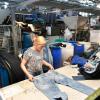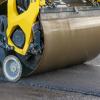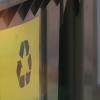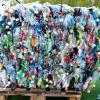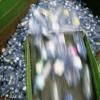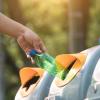Safe recycling of textiles possible, but still in its infancy
Textiles are produced using chemicals. Although many hazardous chemicals may no longer be used in textile production, they may still be present in donations of old clothing. RIVM has conducted a study into the safety of recycled textiles.
